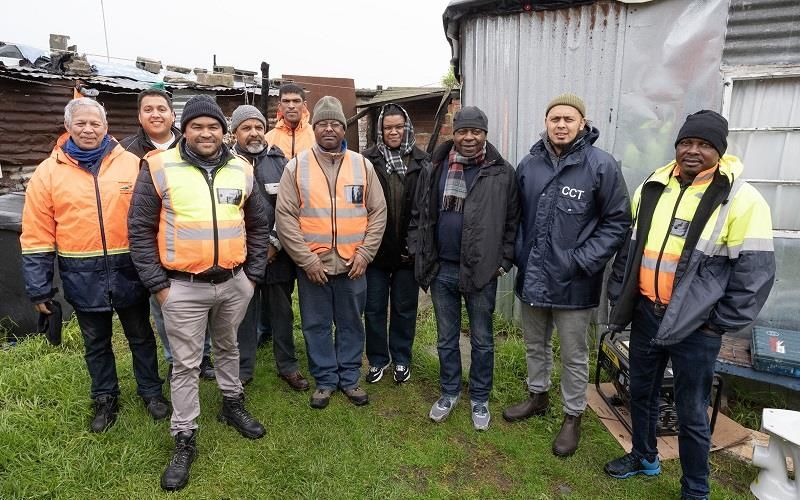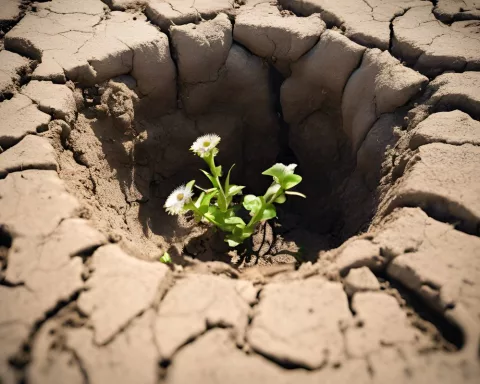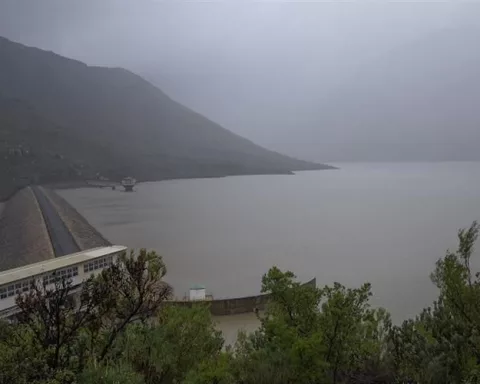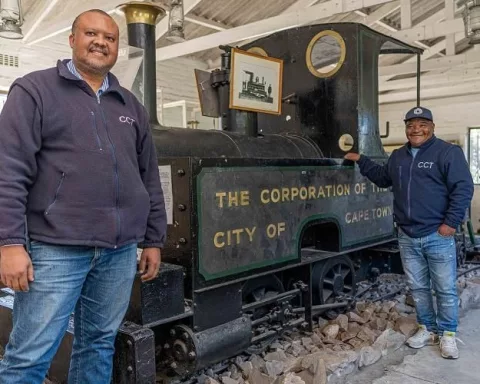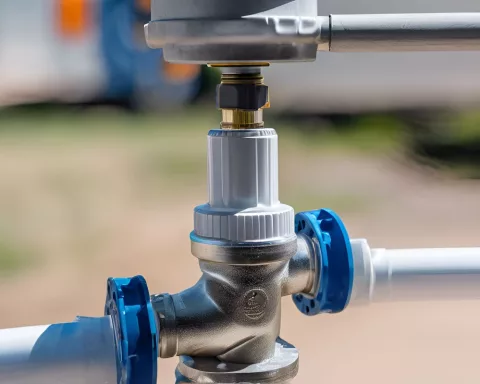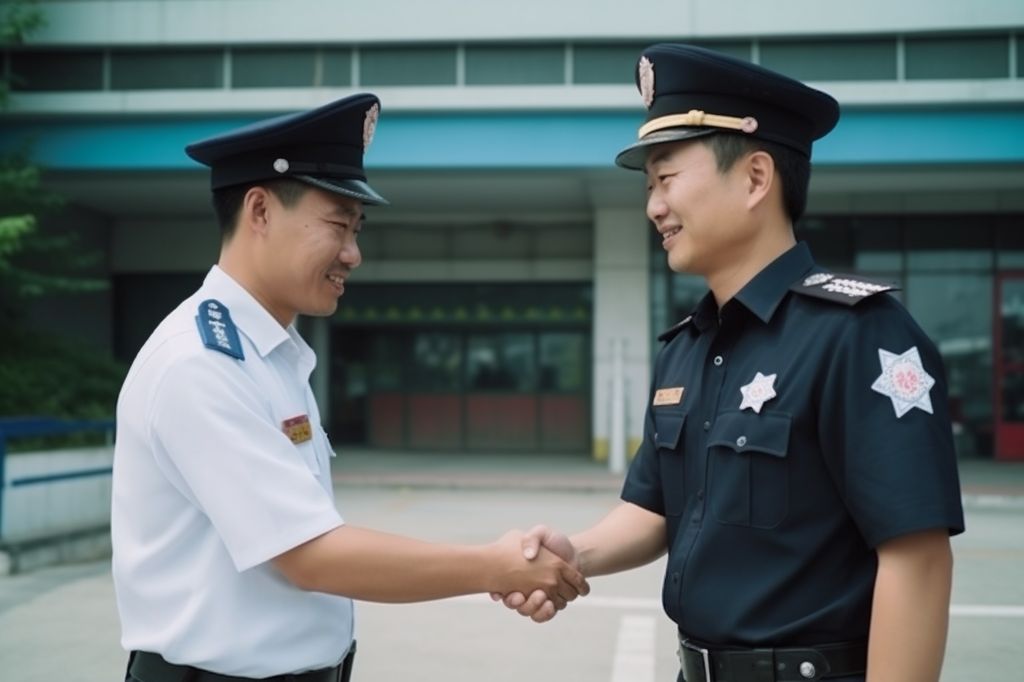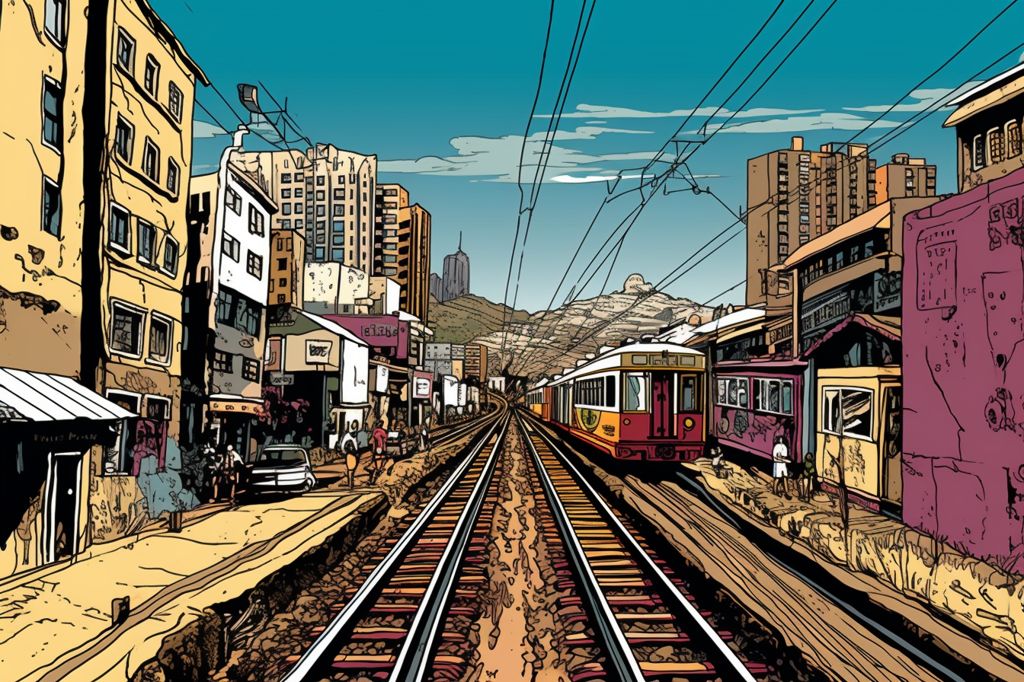Water conservation is a significant issue worldwide and has become a local concern for residents of a particular city. The high cost of repairing water leaks leaves many indigent citizens unable to maintain their properties, leading to excessive water consumption. To address this problem, city officials have launched an initiative to assist indigent residents in repairing water leaks and reducing water usage.
The Indigent Leak Repair Programme
The City’s Water and Sanitation Directorate has launched the Indigent Leak Repair Programme to help indigent residents adopt water-wise practices and repair private leaks at qualifying properties. The program has a budget of R3.7 million and aims to assist 872 customers who have consented to the repairs.
Assistance for Participating Households
Participating households will receive assistance in the form of repairing internal pipes, taps, toilets, fittings, and meter replacements. This service will be provided to property owners at no cost. The primary objective of the program is to reduce water losses, encouraging residents to maintain their private pipes and fittings.
Success of the Programme
The Leak Repair Programme has successfully helped 534 households last year. This year, the program has expanded its reach to help more residents. The identified clients are informed throughout the process, from pre-inspection, material procurement, to servicing the property. The growing number of participants in the program indicates that residents are committed to adopting water-wise behaviors.
Importance of Water Conservation
Councillor Zahid Badroodien, Mayoral Committee Member for Water and Sanitation, emphasizes the significance of continued water-saving efforts. The city is urging all residents to collaborate in using less than 850 million liters of water daily. This effort will ensure that dams and reservoirs remain fuller for longer periods, minimizing the impact of prolonged high stages of load-shedding.
Water-Saving Campaign
As part of the city’s water-saving campaign, helpful guides on finding and fixing leaks are available on their official website. The Water By-law summary guide can be accessed at www.capetown.gov.za/waterregulations. The city’s collaborative efforts in addressing water conservation issues and assisting indigent residents signify an essential step toward a sustainable future.
With the implementation of the Indigent Leak Repair Programme, the city is fostering a sense of community and shared responsibility, empowering citizens to make a difference in the crucial fight for water conservation.

